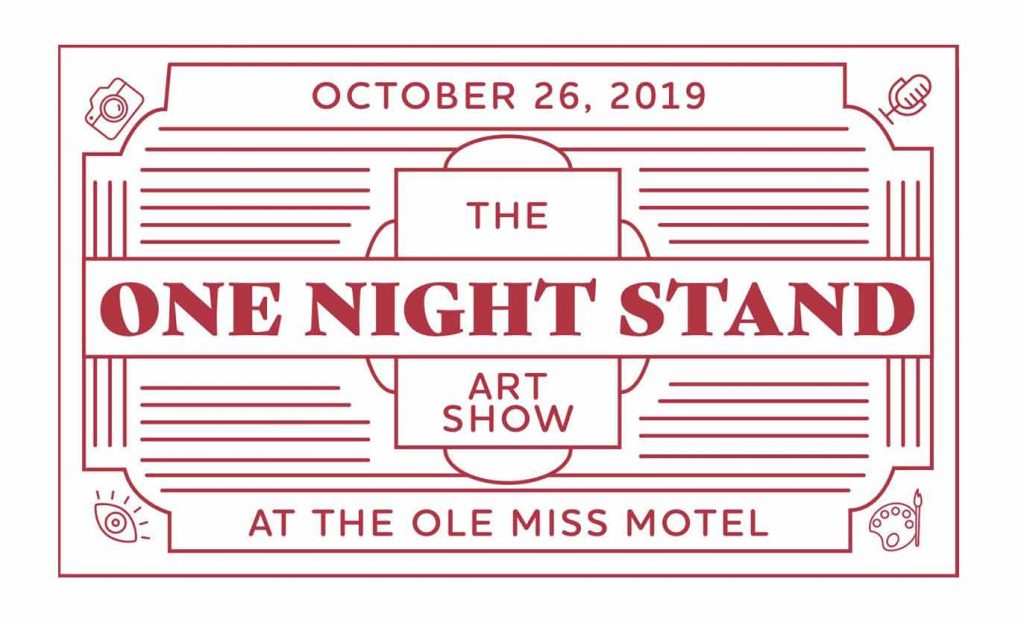“What happens when we are strangers to ourselves?” author and award-winning poet, Saeed Jones asked the crowd at Off Square Books Tuesday night.
In their conversation on Tuesday, award-winning author and UM professor Kiese Laymon, who is a longtime friend of Jones, expressed concern for Jones’ safety after the publication of his memoir, “How We Fight For Our Lives.”
His memoir is a coming-of-age story about a gay black boy in the South seeking to understand how his sexual desires, and the repression of these desires, shapes his identity and affects his relationships with his mother and grandmother.
“Thankfully, people are acknowledging the wonder and the risk in the book,” Laymon said. “But it’s not a safe book.”
Growing up in Lewisville, Texas, in the late 1990s, Jones was deeply affected by the murders of black man James Byrd Jr. and gay man Matthew Shepard.
“Being a black gay boy is a death wish,” Jones wrote.
Jones grapples with the complications of desire, and how, when we turn our bodies into weapons, we can become addicted to giving and receiving painful sexual degradation.
“We are dangerous when we are strangers to ourselves,” Jones said.
In order to fight for his life, Jones felt the need to turn his body into a weapon.
“If America was going to hate me for being black and gay, then I might as well make a weapon out of myself,” he writes.
“How We Fight For Our Lives” is an indictment of a culture that belittles human beings into the sexual repertoire. In college, Saeed writes of how he performed multiple identities in order to act out roles in sexual fantasies. His partners were often married with children and often considered themselves “straight,” which speaks to the theme of not really knowing ourselves.
Jones’ book criticizes culture that makes loved ones into strangers. Saeed asks readers to reflect upon how the desires of our bodies represent social hierarchy, and why we are often unable to share our desires and the repercussions of our desires with the people we love most.
“I had come out to my mother as a gay man, but within minutes, I realized I had not come out to her as myself,” Jones writes.
Despite having a healthy relationship with his single mother, Jones wrote that he couldn’t bring up his gayness to her.
He wrote that he once brought up an ex-boyfriend to his mom, and she looked as if he led her to “the edge of a rushing bridge.” Then, he did what he thought all people who love each other do: erased himself so he could be his mom’s son again.
“How We Fight For Our Lives,” asks readers to reflect upon how we reinforce a culture that prevents us from discovering and expressing who we really are.















